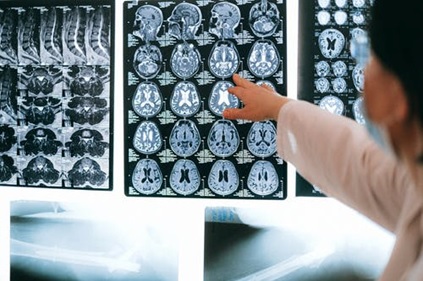How Parkinson’s disease Impacts Quality of Life
Stats show that more than 60,000 Americans are diagnosed with Parkinson’s disease every year. Adequate provision of medication and healthcare resources play a significant role in managing and treating Parkinson’s disease patients. This chronic neurologic disorder can adversely impact quality of life, sleep, mobility, cognitive capabilities and appetite in patients.
More than 40% of PD patients report depression and tiredness linked to both health-related and social impact of their disease. Moreover, due to the advanced PD occurrence rate among the older population, the disease’s incidence is projected to increase sharply over the next two decades.
This blog sheds light on adverse effects of Parkinson’s and how you can manage them effectively.
Symptoms of PD and Their Impact
Parkinson’s diseases is considered the second most common neurological degenerative disease, affecting over ten million people worldwide. Most of the patients are over 65 years of age, experiencing tremor, instability, and bradykinesia, as predominant symptoms.
Parkinson’s disease often causes on-off episodes and involuntary physical movements. As the illness evolves, non-motor indications may slowly appear. These include neuropsychiatric signs, depression, fretfulness, mental challenges, sleep disorders, and tiredness.
Here’s how they affect daily living and activities:
- Patients find themselves in a need for mobility assistance
- Fear and apprehension are common due to the unpredictable nature of the disease
- Not knowing about how the disease will progress makes it difficult for patients and loved ones to plan ahead
- PD often leads to loss of independence and control, consequentially restricting social activities
- PD may also lead to compromised self-esteem and insecurity about the future
Effective management of Parkinson’s is essential to help patients maintain and continue living a close-to normal life with minimum disruptions.
Managing the Impact of Parkinson’s Disease on a Patient’s Daily Life
Managing motor symptoms like tremor, loss of balance and gait, and rigidity in PD patient requires timely access to healthcare and support facilities.
Moreover, non-motor indications like sleep apnea, compromised smell and taste abilities, and anxiousness require more extensive management.
While PD can’t be cured, medications can help in controlling its progression, and lifestyle changes can help patients maintain physical strength and balance. Prescriptions for PD are available in both, general and specialized assistance programs to help you afford them easily.
Advocate My Meds is a full-service prescription assistance program, offering Novo Nordisk, Janssen, Pfizer, Johnson and Johnson, Boehringer, and Sanofi patient assistance.
Learn about the eligibility criteria, browse through FAQs, or get in touch with us at 877-870-0851 for more details about our prescription assistance programs.








